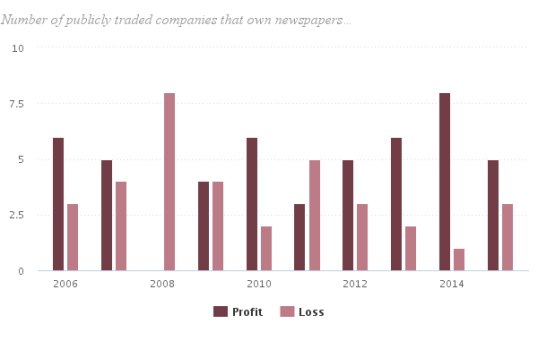With the current technology, there are so many media where you could write/produce journalism.
Now you could produce journalism in almost every shape:

- the short straight-to-the-point Twitter,
- mass audience shareable Facebook,
- picture-oriented Instagram,
- current youth-oriented-audience Snapchat
- to the newest medium of story-telling Virtual Reality.
Each of these media has their own characteristics, whether it is their lengths, their form, their audiences, or their appeals.
In order to produce the most suitable journalism for every medium, journalists cannot use ‘what usually works’, but journalists have to understand ‘what makes a strong story’ in the first place.
Journalists cannot rely on what usually works in the print, radio, or television. Instead, they should think creatively in utilising these new platforms to suit the audiences’ interests and preferences.
For example, a lifestyle journalist must understand their target audiences which are mainly youths and teenagers. As they spend most of their time on social media, it would be such a waste if journalists focused on writing for print only while there are opportunities in producing a piece on other platforms.
Take Yusuf Omar for example, a journalist at the Hindustan Times in India who is building the world’s largest in-house mobile journalism team. He thinks people can write more relatable stories with snapchat now.
So, journalists have to go back to the ‘basic’ and at the bottom of all journalism is its stories.
By understanding what makes a strong story, a journalist will have a foundation and know what the fundamentals are in making news newsworthy and to work creatively on other aspects.

featured image source: spajournalism.com









